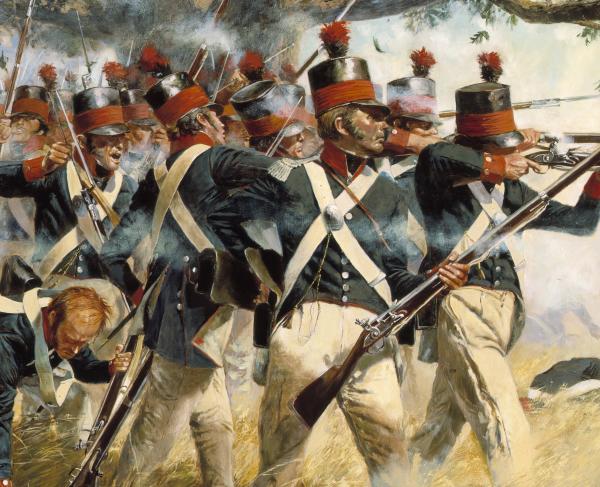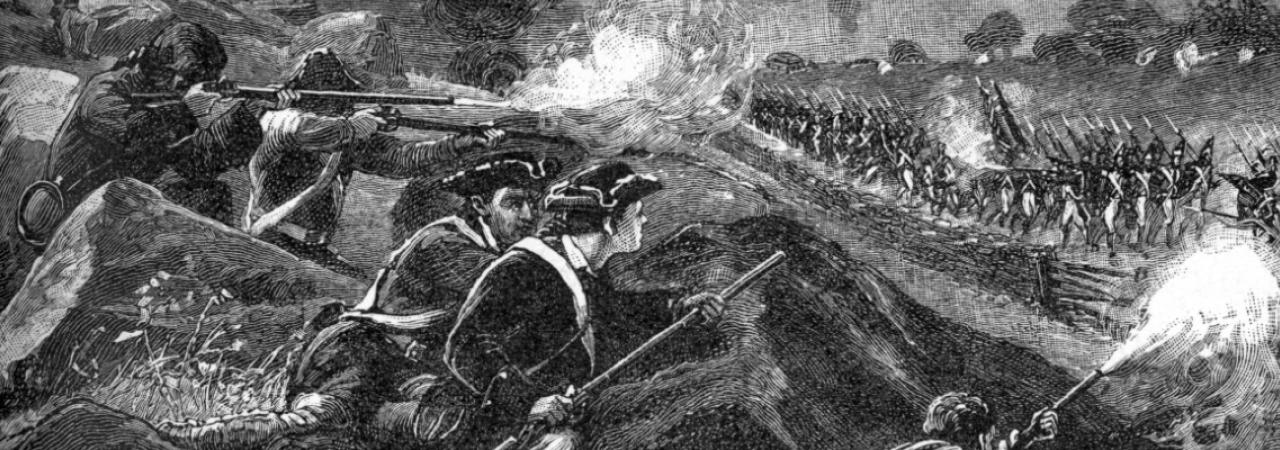
Before 1776, the American Revolutionary War, which began with the Battles of Lexington and Concord in 1775, was considered to be a civil war throughout the colonies.
The term “civil war” comes from the Latin phrase bellum civile, which translates to “war of or pertaining to civilians,” and was first used to describe the Roman civil wars of the 1st century BCE. The following article answers some basic questions on what defines a civil war outside of the American context.
1. When and where have civil wars been fought?
Civil wars have been waged across the world, occurring in every continent but Antarctica, throughout human history. Many of the world’s nations, great and small, have been, at one time, engulfed in a civil war.
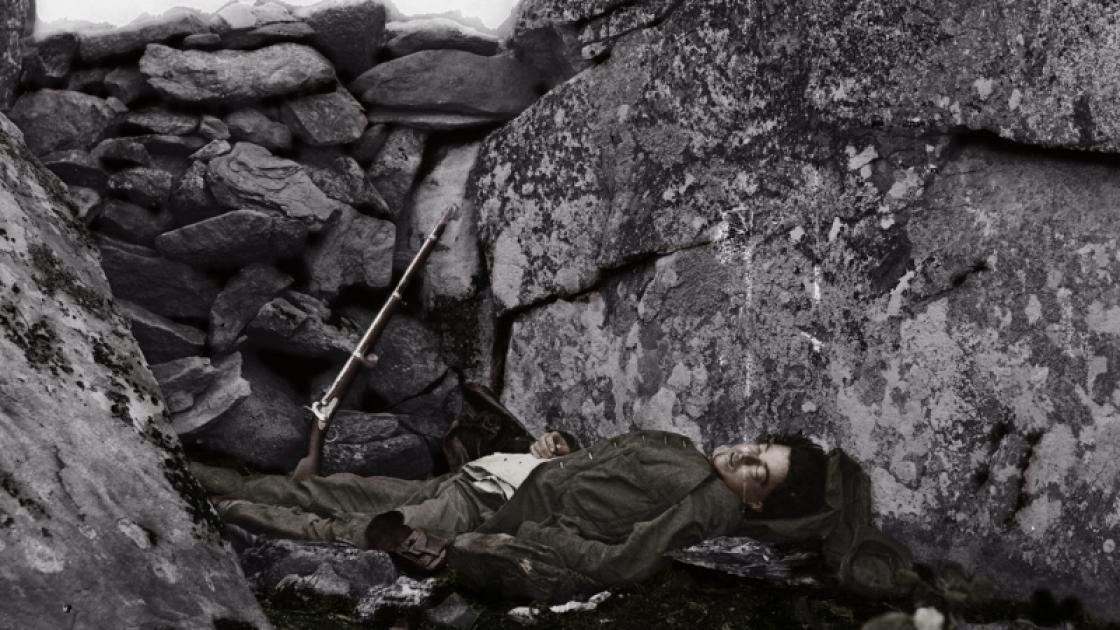
2. Why are Civil Wars fought?
While civil wars have been waged for a variety of reasons, the most prevalent being issues with the government. Many civil wars have been fought to overthrow or drastically change a sitting government. In the middle of the 20th century, there were a number of civil wars waged in Latin America in order to bring new governments to power. Civil wars are also often fought to gain independence from a controlling government, as was the case with civil wars in Sri Lanka, Ireland, and the United States.

3. How long do Civil Wars last?
Civil wars during the early and mid-20th century tended to be rather short, lasting on average only 1 and a half years, according to political scientist James Fearon. After World War II, the length of civil wars increased to almost a four year average. By the Cold War era, the length of civil wars had increased drastically with civil wars in Lebanon, Guatemala, and El Salvador spanning a number of decades.
4. How are civil wars fought?
Many civil wars are waged between armies with vast differences in funding and experience. The style of war often reflects this disparity. This disparity often results in guerrilla warfare tactics being employed by the oppositional group. These tactics were employed in many of the civil wars waged in Latin America, the Middle East, and was very present in the Patriot and Confederate fighting styles in North America.
While the Geneva Convention does not use the term civil war, it does outline laws of warfare for “non-international conflicts” and the International Committee of the Red Cross has since clarified these rules and applied the term civil war in these rules of warfare. These rules are created to prevent harm to non-engaged civilians during a time of civil warfare.
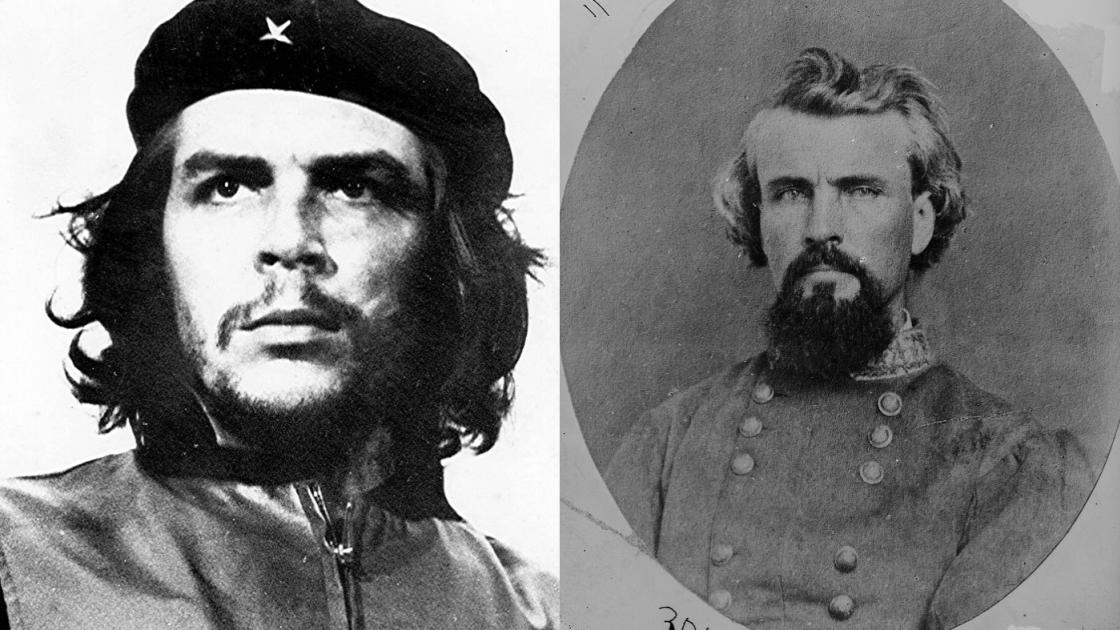
5. What is the difference between a civil war and a revolution?
Revolutions and civil wars often appear to be similar in terms of motivation, belligerents, and tactics, and in many cases the two terms may be interchangeable. The American Revolution, while not often called a civil war by modern historians, was referred to as a civil war in its first year, until William Henry Drayton, South Carolina’s chief justice, first used the term "American Revolution" in 1776. One major difference between the two terms is length. While some revolutions, such as the Cuban revolution, last multiple years, many revolutions are relatively short-lived.
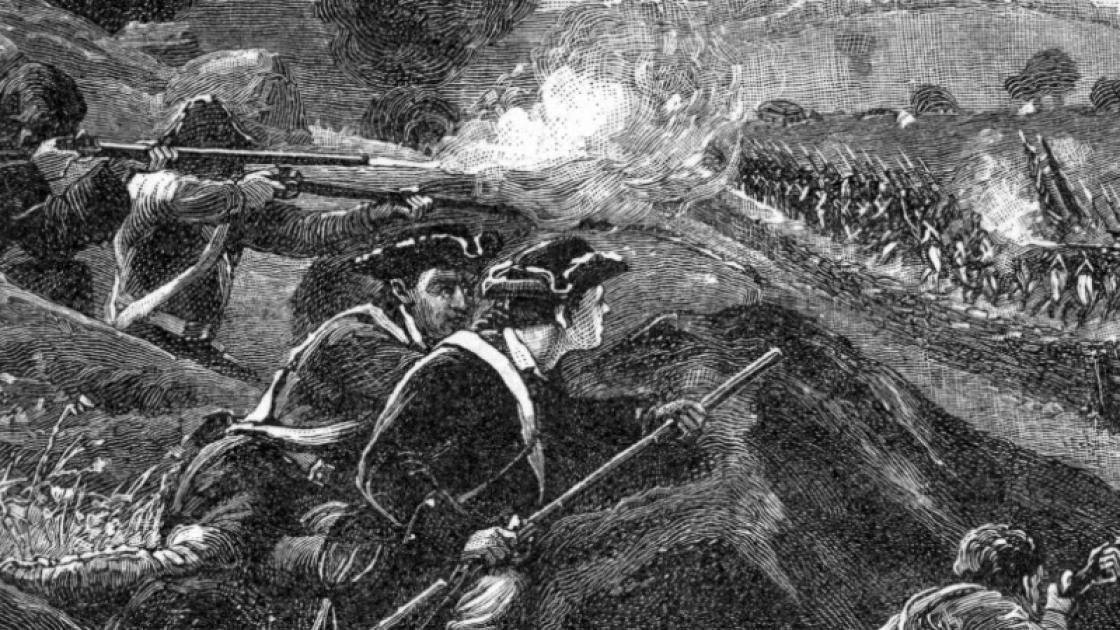
6. How do Civil Wars end?
The outcome of a civil war depends on the motivation for the armed conflict and the military actions of the involved belligerents. Civil wars can end with one side’s surrender, resulting in either the suppression of the aggrieved faction or a complete overthrow or overhaul of the nation’s government. However, similar to interstate wars, civil wars can also end in treaties. For example, the 1975-1990 Lebanese Civil War ended with the Taif Agreement, which allowed the acting government to remain in place while the parliament was altered to represent all religious groups of Lebanon.
7. How are other civil wars remembered?
The American Civil War has been well preserved in American history. This does not, however, reflect the level of preservation effort placed on the civil wars of the world. Other nations rarely preserve their civil war battlefields, with notable exceptions being the United Kingdom’s Battlefield Trust and Russian preservation of the Battle of Kulikovo.
Many nations, such as Egypt and Cuba, instead celebrate public holidays to commemorate victories in their respective civil wars. While civil wars are complex conflicts, comparing and contrasting their common features can add more layers to our understanding of our own national story.

